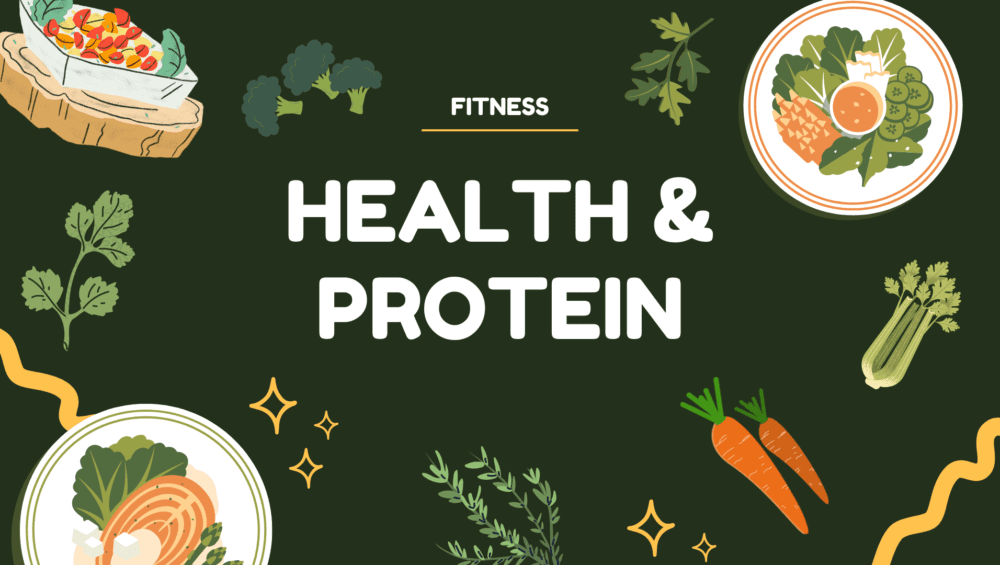Free Standard shipping
Free Standard shipping

Nowadays, the term “protein” has become a trending topic in many health discussions. We millennials often consider “protein” as a solution to many health problems, such as diabetes, weight loss, immunity, muscle growth, and physical strength. We can find a lot of information about protein on the internet, while most of it is correct, but we need to understand it from the perspective of an individual’s requirements.
We will try to simplify and understand more about proteins, like what they are, why we need them, how much we need them, and other related aspects of protein from a layman’s point of view. We will also discuss the recommendations of various institutions and what they mean to us.
Many of us are highly qualified and skilled people who work for international companies, and many of us have homes that are an hour or two drive from where we work. Usually our mornings are busy, and we don’t have much time to make a wholesome and healthy breakfast. Instead, we prefer restaurant food, which tastes great, but is it healthy?
Already stressed from the previous day’s work, we go to the office canteen or nearby cafes after a quick morning meeting to get coffee, cigarettes, and maybe an egg puff or samosa. By lunchtime, we’re full of junk food, but we’re still hungry all the time, which makes us crave for restaurant food.
Around 5 p.m., we start eating again. Again, we choose pani puri, or samosas and our national drink “Chai” with some biscuits. When we get home from work at 9 or 9:30 p.m, we will be too tired to cook (most of the time) a wholesome meal. Instead, we order our favourite biriyanis through food delivery apps. On the weekends, we do the same thing—we binge-watch, drink, and eat.
In most cases, we are eating foods high in calories but not rich in nutrition. Most of the time, the foods that we eat are not satiating; and we end up eating a lot of it. In these cases, the majority of calories come from carbohydrates and unhealthy fats, but not enough from protein. Foods that contain protein also contain a variety of vitamins and minerals. So, eating foods rich in protein and fiber will offer us fulfilment, reduce cravings, and keep us full for a long time.
Do you know that most Indians are protein deficient, consuming an average of 47 g per day, whereas the recommended amount is at least 55 to 65 g per day? So, what will happen then? We constantly find ourselves physically stressed and mentally drained, impacting our gut health, energy levels, and overall well-being. Over time, our health deteriorates, especially as we approach midlife. Many of us in our mid-thirties already have symptoms of fatigue, waking up tired, low energy levels, digestive issues, ulcers, piles, constipation, protruding bellies, bloating, weak sex drive, and hair loss. Some of us are even at risk of developing diabetes.
There’s no universal solution; however, we can control certain essential aspects of our lives to improve our health.
Remember, a happy mind resides in a healthy body. Take steps today for a healthier life, and your future self will thank you.
To be continued…
No account yet?
Create an Account